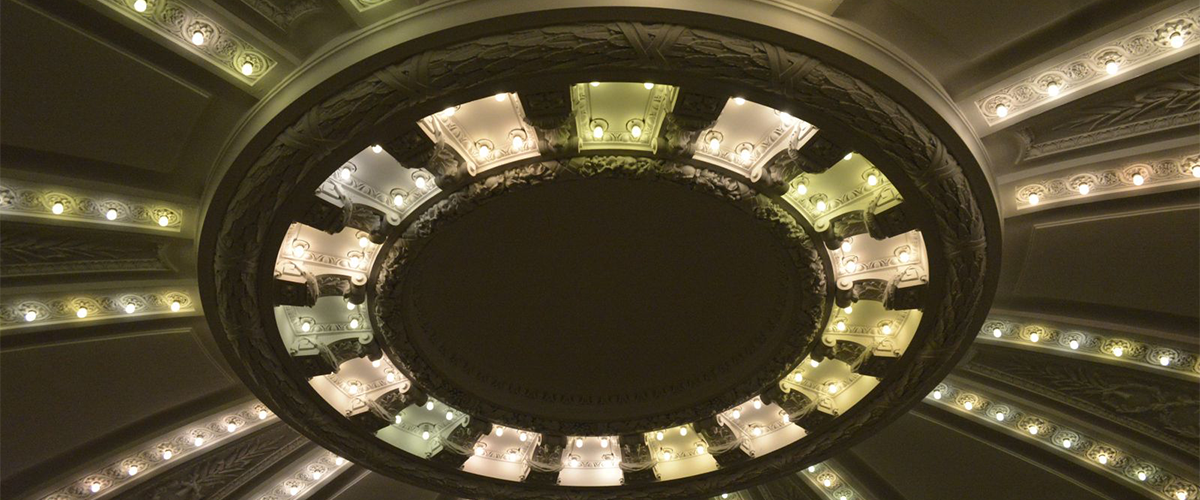The comprehensive M.A.R. program consists of a study of the various theological disciplines, including biblical studies, systematic theology, liturgics, and historical Christianity, with electives drawn from courses which deal with Christianity in the larger context of culture. Students are encouraged to take relevant courses in other professional schools or departments of the University.
Students declare their concentration at the time of application. Courses are taken principally from faculty in the Divinity School and Institute of Sacred Music, who teach subjects ranging from introductions to Christian art and architecture and the history of sacred music to digital media, liturgy, and theology; and advanced seminars in religious iconography and writing workshops in poetry or fiction. Electives are taken elsewhere in the University, for instance in the Graduate School (the departments of English, Comparative Literature, Music, American Studies, and History of Art) or in the schools of Art and Architecture. Students are encouraged to attain reading proficiency in a second language relevant to their field of study.
M.A.R. students prepare themselves for a variety of careers: teaching, work in arts-related organizations, or other kinds of lay ministries. Many also go on for further doctoral work in music, art history, literature, or liturgical studies.
